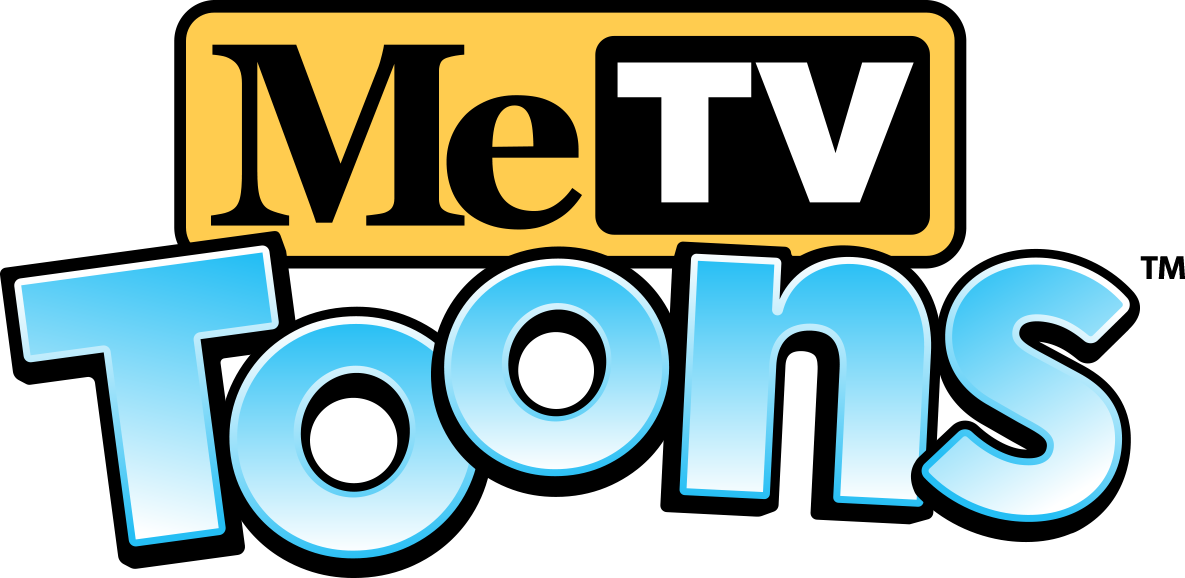How Chuck Jones and Dr. Seuss made How the Grinch Stole Christmas
Jones had wanted to turn one of Dr. Seuss's stories into a cartoon for a long time, and now the Christmas stars were aligning.

During World War II, Chuck Jones and Theodor Geisel (a.k.a. Dr. Seuss) were assigned to work together for the Animation Department of the First Motion Picture Unit of the army, producing propaganda and training films for the military. The two worked together to create the Private Snafu cartoon series, and this collaboration marked the beginning of a lifelong friendship.
Years after the war, in 1965, Jones heard through the animation grapevine that A Charlie Brown Christmas was in the works, and this got Jones thinking about what his ideal Christmas cartoon television special would be. And that reminded him of his old buddy, Dr. Seuss, who happened to have a Christmas storybook called How the Grinch Stole Christmas. Jones had wanted to turn one of Dr. Seuss's stories into a cartoon for a long time, and now the Christmas stars were aligning.
There was one problem, Jones recalled in an interview with the Television Academy, "(Seuss) was anti-Hollywood, very much because when he left right after the war, they pirated a lot of his stuff and took his credits off of features. He did some documentaries, one of which won an Academy Award, (but) somebody else took it. So he was pretty sour on that, so I told him this was another field, this is television."
Now, Jones had no experience in television, and The Grinch was his first non-theatrical cartoon short project, but his insistence was enough to convince Dr. Seuss to agree to the project. Jones raced off to create the storyboards with Maurice Noble and began pitching the TV special to sponsors to get the show on the road.
The second most important thing, after getting Dr. Seuss on board, was getting Boris Karloff, who served as the legendary narrator for the movie. Jones had been a longtime fan of Karloff's narrations of Rudyard Kipling's books. "He had this lovely, wonderful voice. Everybody thought of him as being a villain," Jones shook his head, "And he was so dear when he read it, you know. He really gave accent to each one and each note. The narrator was important there."
They had MGM and a sponsor, and now Boris Karloff was on board, but they hit another snafu. The adapted screenplay only lasted twelve minutes, and they needed to pad it, but Jones wanted this to be a holiday classic and didn't want to fluff it up for timing's sake. So, he found a character that played a smaller role in the book to play a larger role in the movie - Max the dog. "If you extend (the story), you find somebody in there that's important, like the dog turned out to be the most important character to me, old Max," Jones explained, "Because Max represented every boy's dog...(Max) represents the audience."
Jones continued, "He's a slave, but he has to do what he's told. But he also is observing that he obviously doesn't like it. And so, he plays a very important part to me all through the picture." As an animator, Jones enjoyed using Max to react to the Grinch and for visual gags. But for the story, Max gave the audience a voice while giving the Grinch one character to really care about, perhaps making Max the reason why the Grinch's heart grew three sizes that day.

